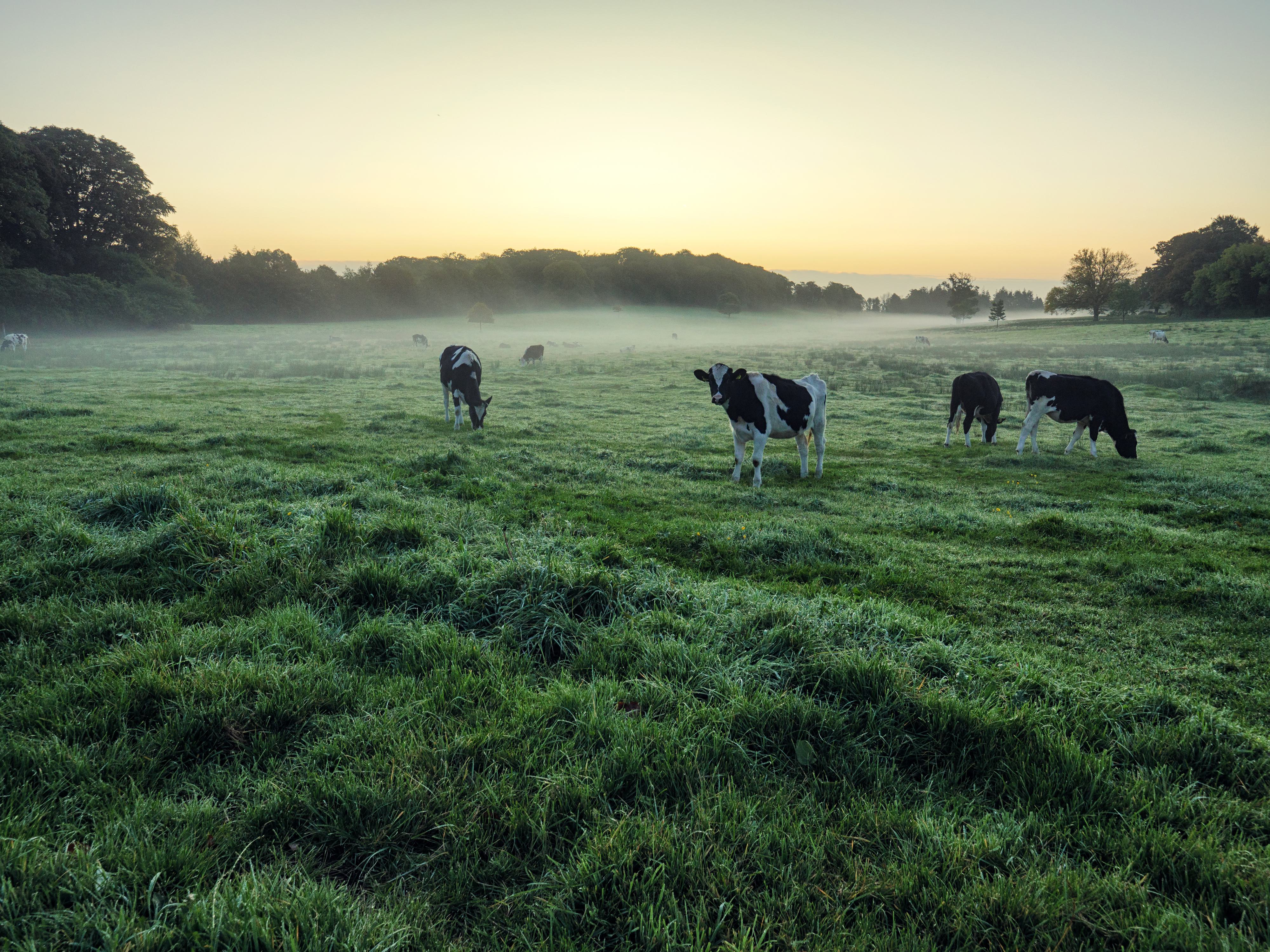

In September 2024, FFCC Northern Ireland helped launch the inaugural Fields Good festival with partners. The festival replicates the success of regenerative events in other parts of the UK, like Groundswell – and brings together farmers, growers and the wider food and agricultural community to learn, share and work towards a better food and farming future in Northern Ireland.
It continued in 2025 with an even bigger programme of sessions and speakers – and looks set to become a mainstay of the food and farming calendar in Northern Ireland.
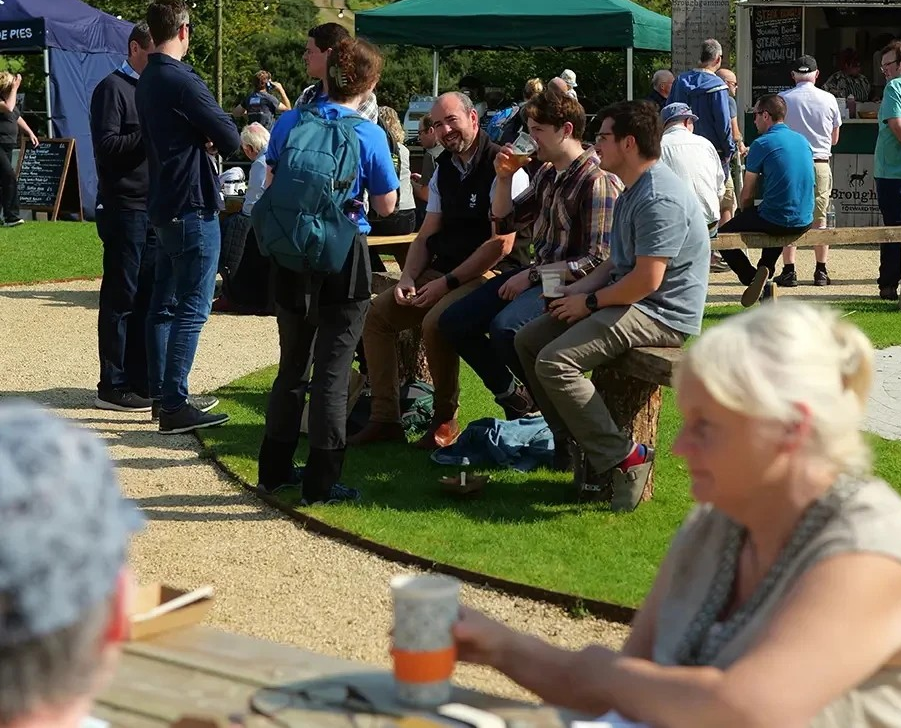

As part of FFCC’s nationwide Food Conversation, we held a deliberation Northern Ireland to find out what people there really want from food. A number of local food partnerships, including the Belfast Food Partnership, have also run community conversations with the help of our toolkit.
With a Food Strategy Framework approved by the Northern Ireland Executive in November 2024, we’re now working to ensure citizens’ concerns and asks are heard by leaders, decision-makers and politicians in the country.
NextGen-ReGen 2024 is a trailblazing three-year leadership development programme designed to empower the next generation of regenerative farmers to build a new community of practice in Northern Ireland. With the support of local and international regenerative farming and leadership experts, 20 farmers aged between 25-35 will grow their understanding of practical regenerative farming and soils, gain business confidence, and learn how to develop a resilient and successful farm business.
It is facilitated by GrowIN and the Food Farming and Countryside Commission, and generously funded by the Esmee Fairbairn Foundation.
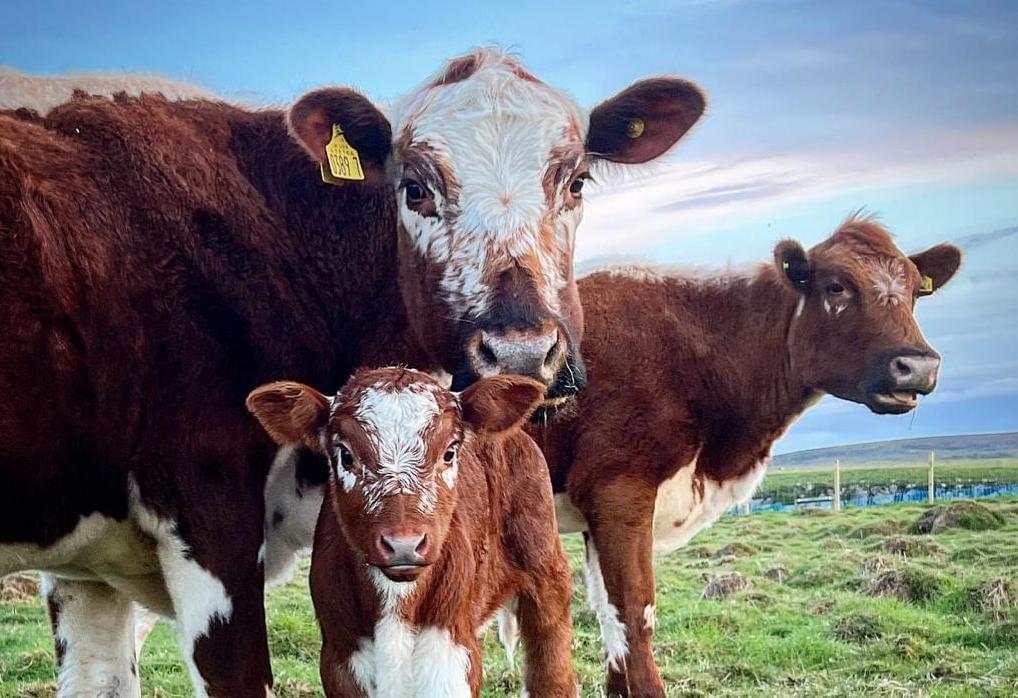
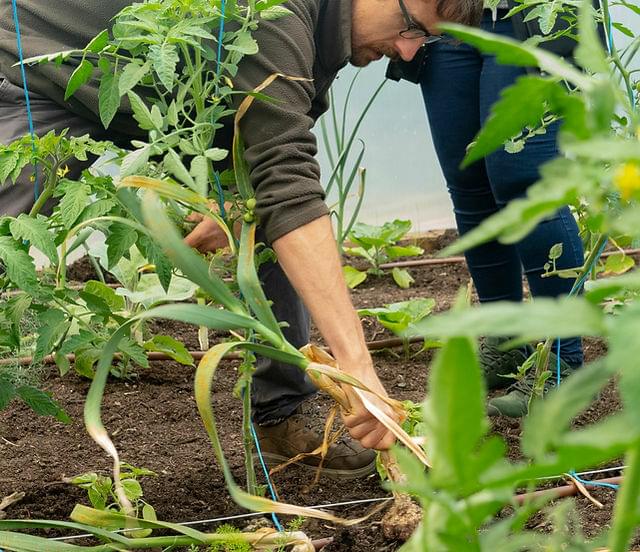
FFCC has initiated the Growing Innovation Network (GrowIN) - a network of farmers in Northern Ireland on a mission to support peer-to-peer learning and exchange between farmers across Northern Ireland – with the ambition to share learning with other places in the UK and Ireland.
The network encourages collaboration, sharing experience, ideas, and knowledge across the wider industry and society on regenerative farming practices and first steps along the journey. The project is funded by the Aurora Trust and delivered by the Food Farming and Countryside Commission, through a team of grassroots farmers in Northern Ireland.
The recent review of Northern Ireland’s agri-food sector recommended ‘a co-designed cross departmental land use strategy for Northern Ireland’.
Julie Robinson, one of the review team, commented “this wasn’t a difficult recommendation to make; the multiple pressures on NI’s small land area demand, as a minimum, some kind of overarching principles to ensure that government policy is joined up. The journey towards net zero, biomass for renewable energy, food production, rural economy, tree planting and peatland restoration, water quality, the biodiversity crisis - they can’t be tackled without an agreed land use strategy that has buy-in from across the piece.”
FFCC is contributing to building consensus on this potentially contentious issue by convening leaders, stakeholders and experts in charting a way forward.
Read about our recent roundtable discussion on land use in Northern Ireland
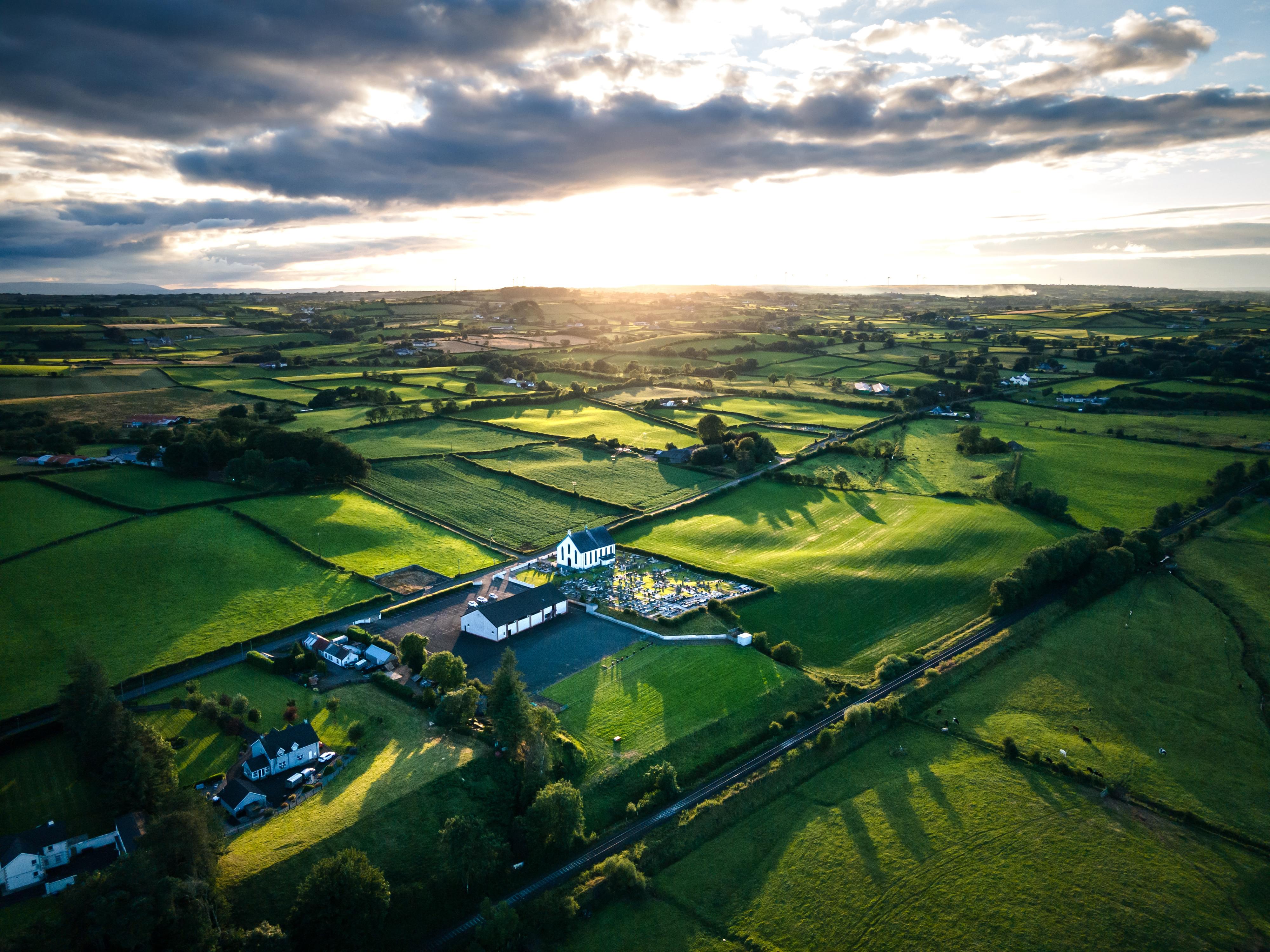
The framework set out in Lay of the Land has determined the FFCC Northern Ireland's current priorities for action.
The vast majority of Northern Ireland's farmland is devoted to grazing for beef, sheep and dairy production which helps support a strong food processing industry. Together farming and food processing are responsible for 5% of Northern Ireland employment.
Almost all powers related to food, farming and the countryside are devolved to the Assembly at Stormont although, unlike the rest of the UK, Northern Ireland is subject to the rules of the EU Single Market. International trade policy, however, is set by the UK Government which leaves Northern Ireland in a rather uncertain place sharing a land border with the EU. Cross border movements are stitched into the fabric of our economy and many people’s daily lives. The future holds both threats and opportunities for farming, food and the environment.
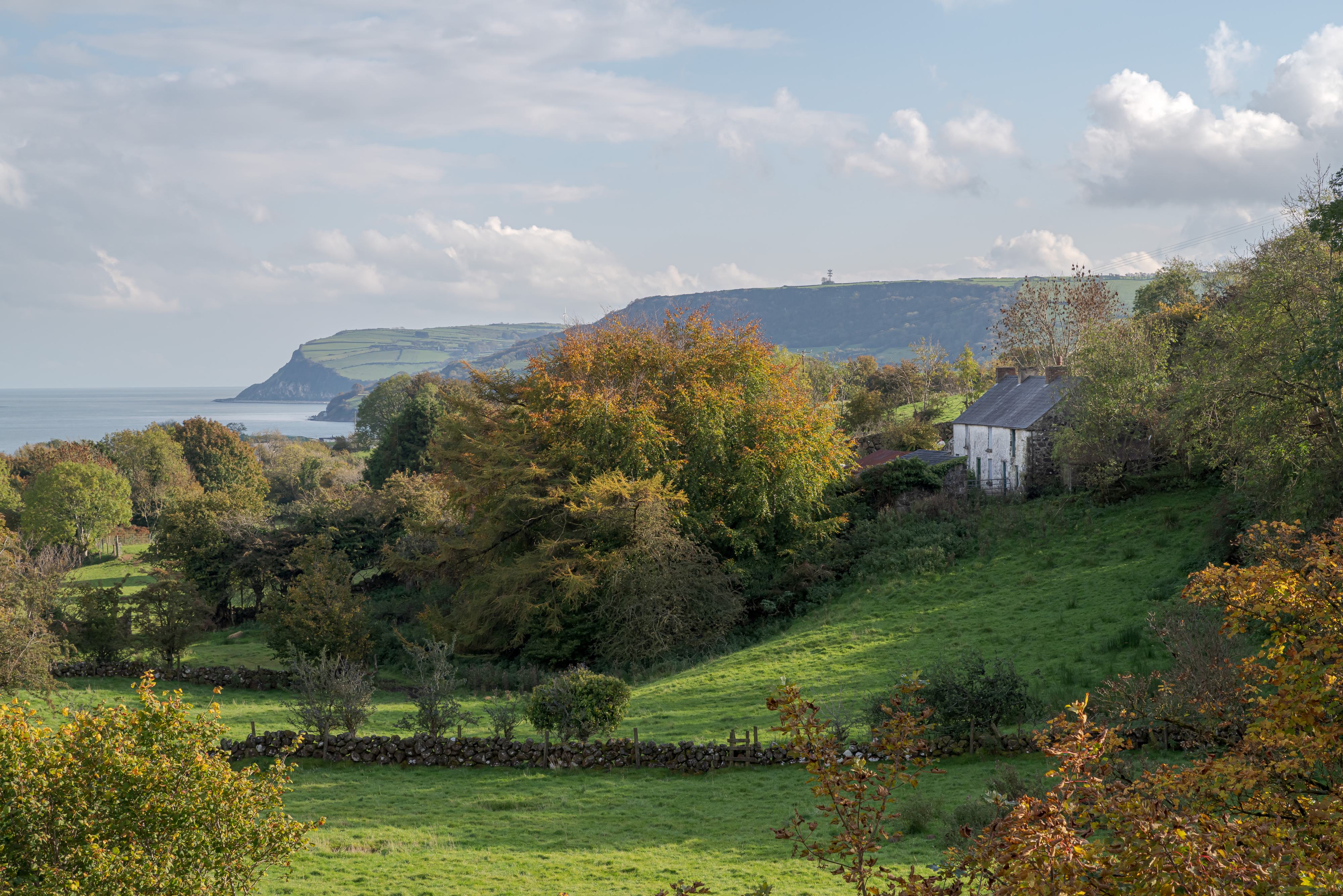
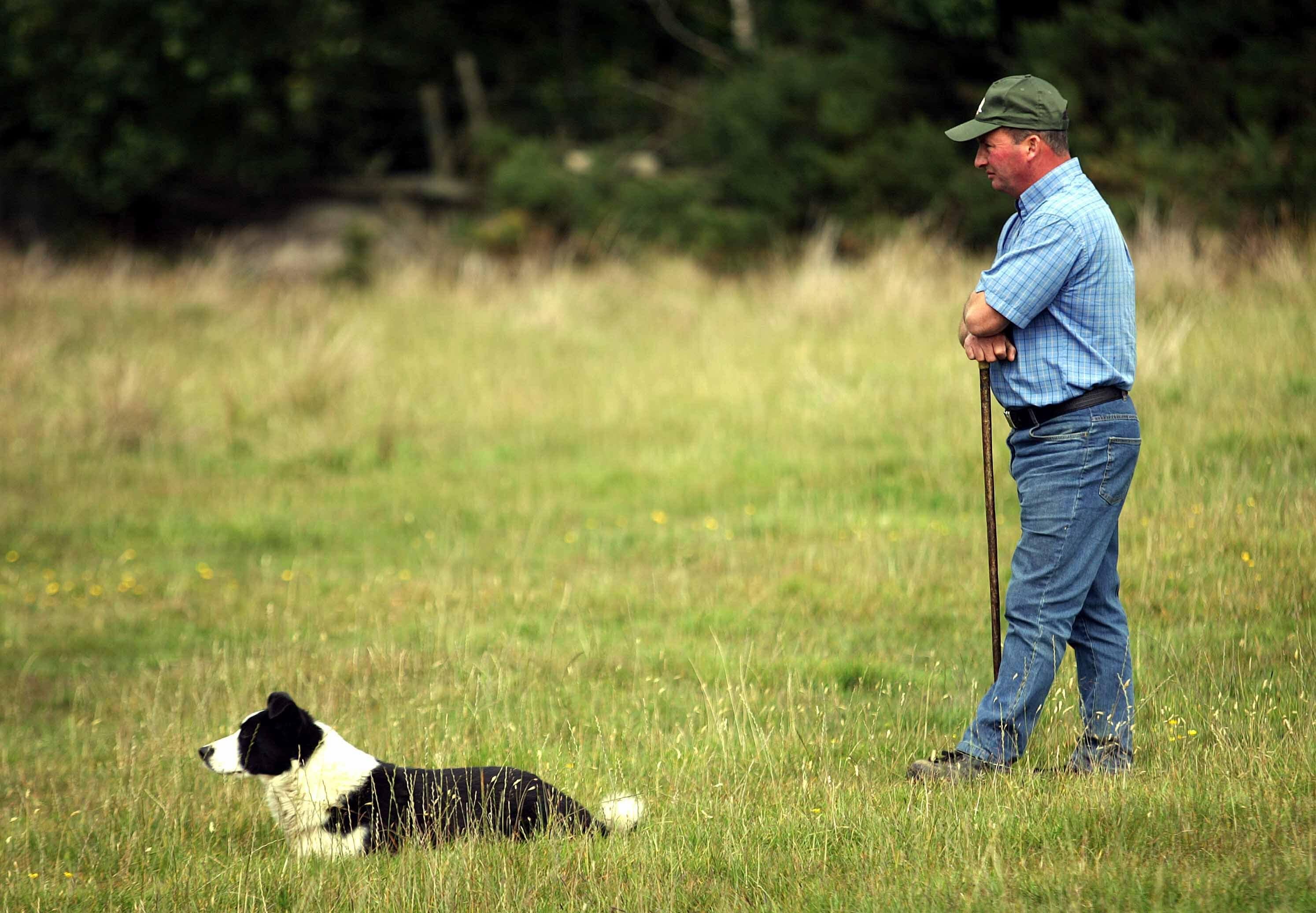
FFCC Northern Ireland inquiry’s first report Lay of the Land gathered evidence of citizens’ views: farmers, shoppers, community groups, environmentalists, chefs, traders, young and old.
This evidence outlined the need for a transformation in the food and farming system to respond to the climate emergency, restore biodiversity, improve health and wellbeing and develop Northern Ireland's distinctive pattern of farming to support and revitalise rural communities. Lay of the Land offered a series of outcomes as a framework for a transition to a sustainable future.
The work of FFCC Northern Ireland is influenced and guided by an advisory group of experts from across the system, including:
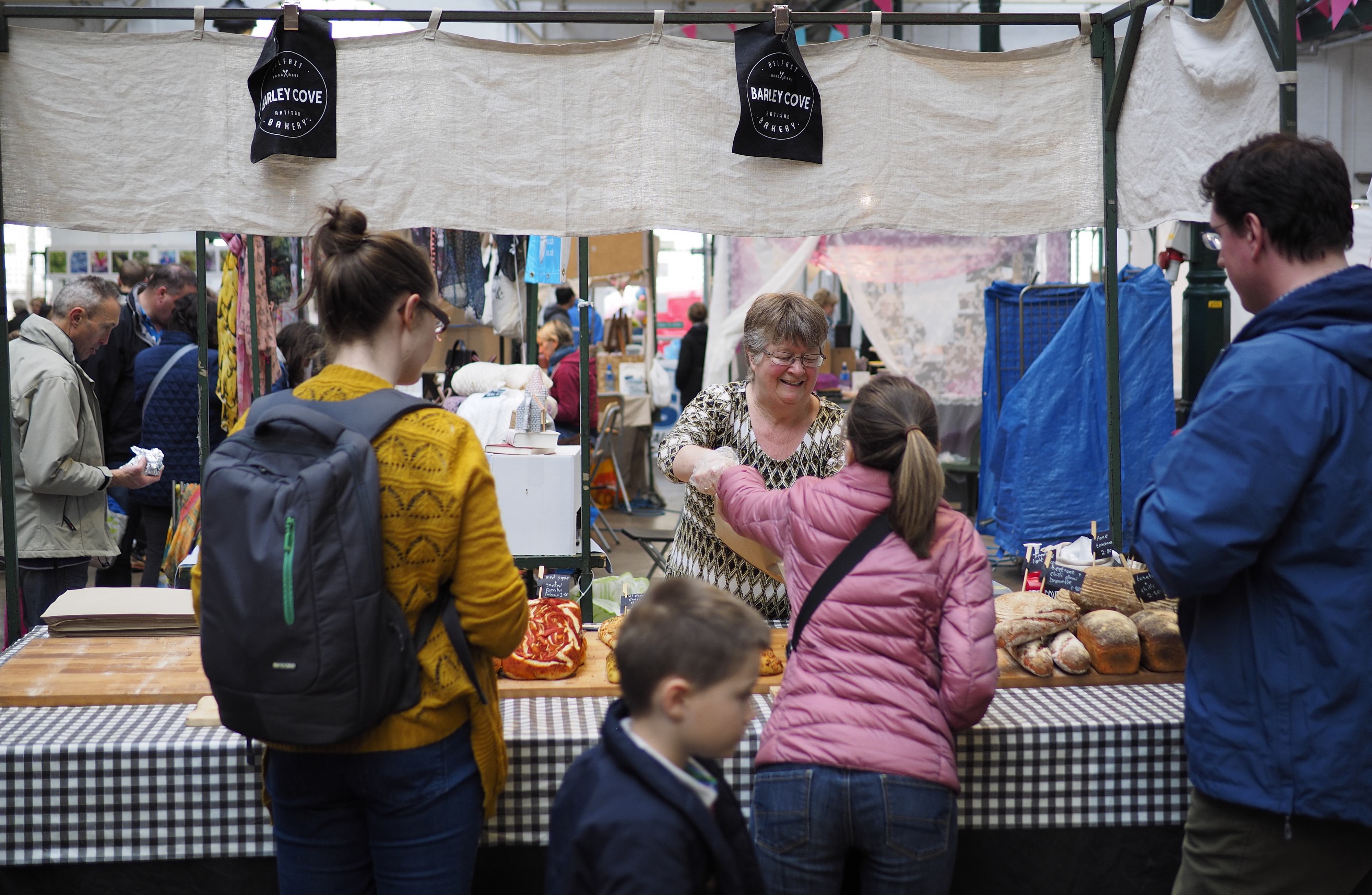
Across Northern Ireland, citizens are taking action. Read stories about people like farmers John and Simon Best, pictured, to find out how they are making change, and what government and business can do to support them.
